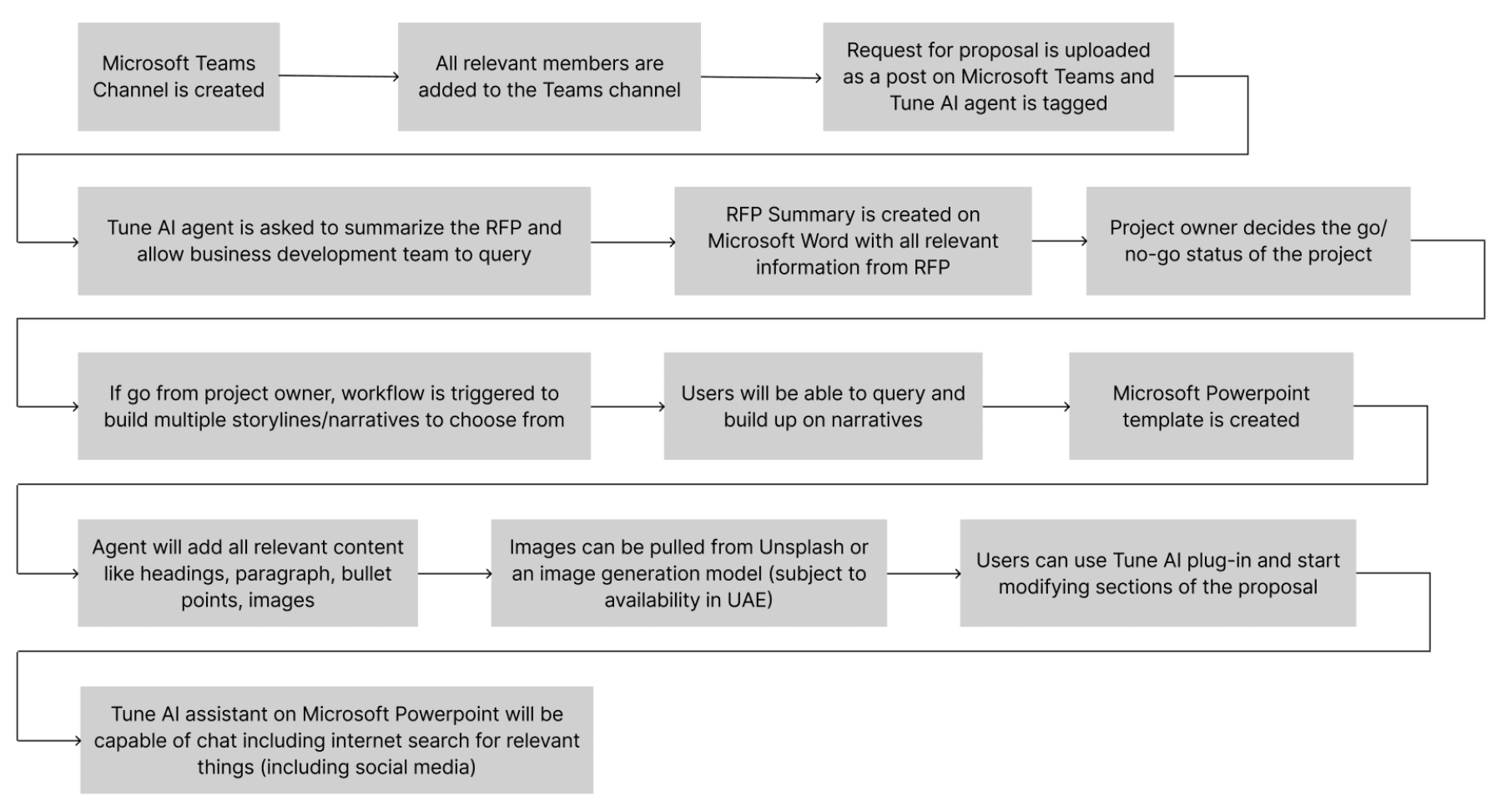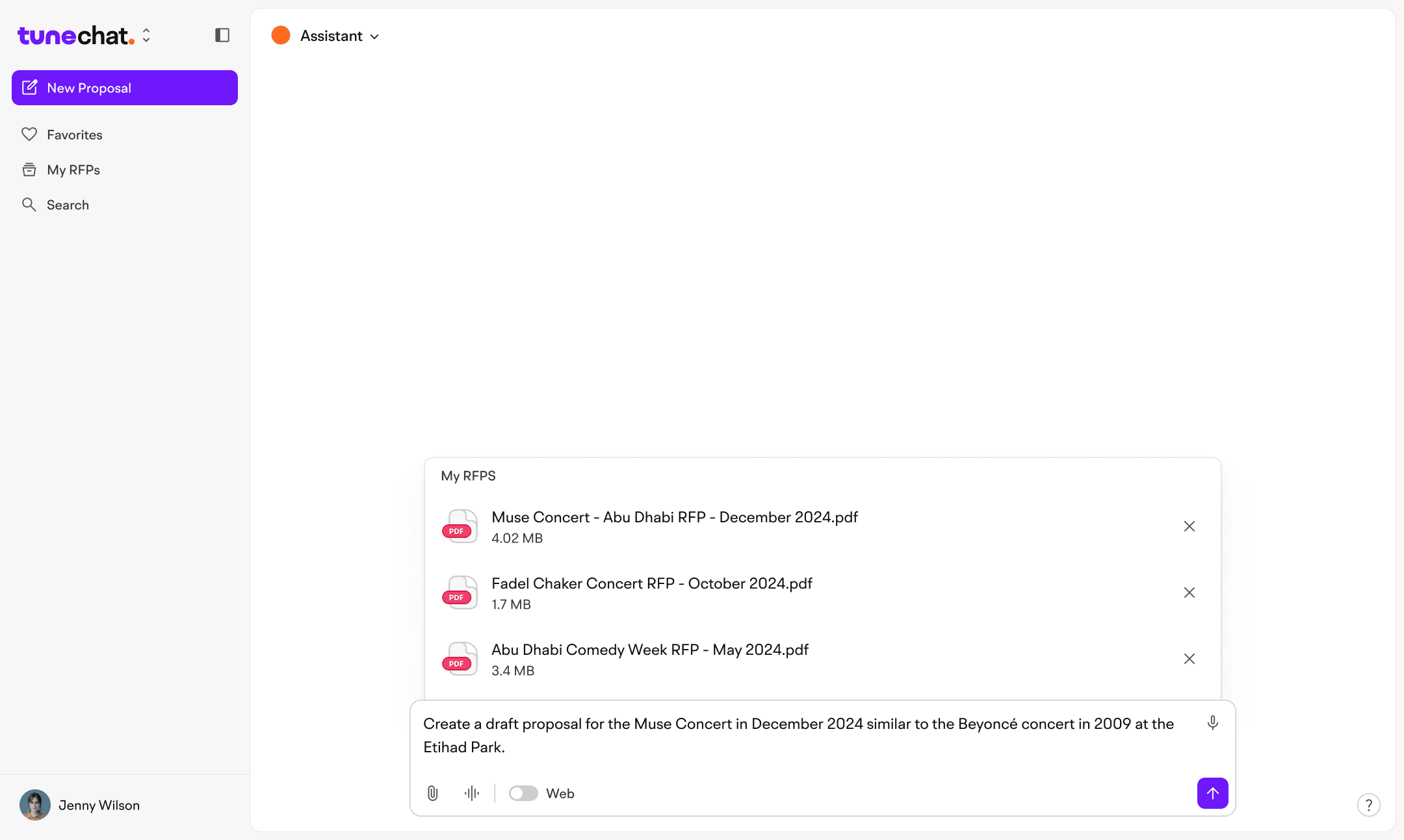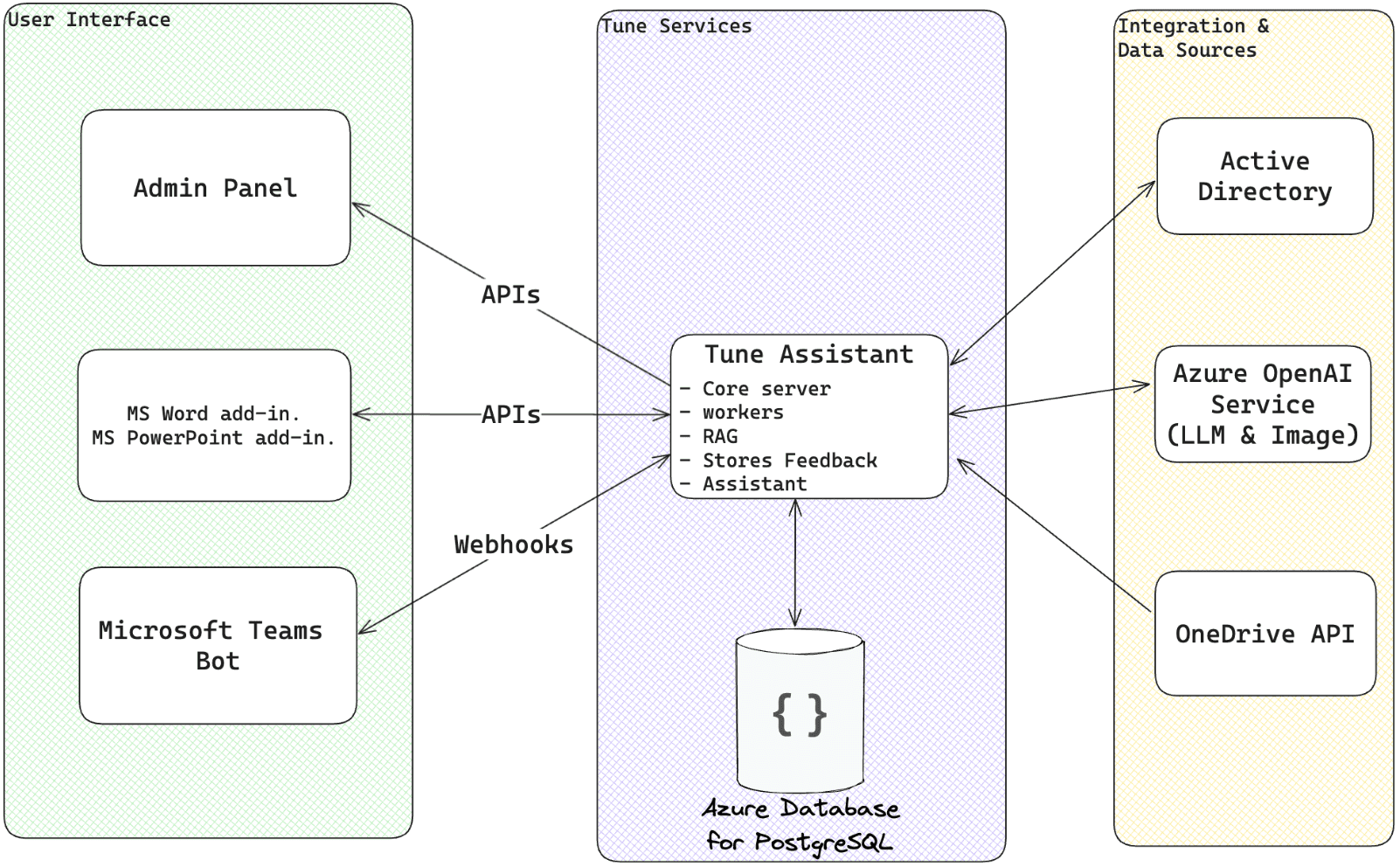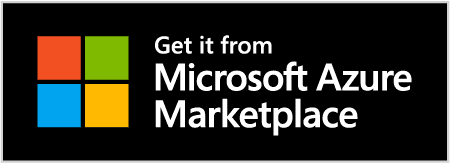Accelerating proposals; multiplying market reach
How a Middle Eastern event management company dramatically reduced the time to create proposals-augmenting throughput, productivity, and win rates.
Client
An event, entertainment and venue management company in the UAE
Transformation
Automation of creating customized proposals in response to RFPs
Use case
Analysis, summarizing, content drafting and image recommendations
Repeatability is the foundation of a business. The better you can do something repeatedly, the faster you can expand.
One of UAE’s largest event management companies had one key process with over 40% repeatable elements: Proposal creation. Here’s how they automated it to boost business growth.
About client
The client is one of the largest event, entertainment and venue management businesses in the UAE, with offices in Abu Dhabi, Dubai and Riyadh. Their main business is owning, managing and promoting big flagship events, such as Formula One races, concerts, and sporting events.
Tune AI worked closely with the client’s CTO and Director of IT to collaboratively strategize and implement a cloud-native GenAI solution.
Business situation
Context
With a small team of ten people, the client sends proposals to some of the most sophisticated events conducted in the Middle East. When business is as usual, they have about 30 concurrent responses to request for proposals (RFPs) in the works. Out of each proposal, about 40% is repeatable.
Existing solution
The current process for creating proposals is entirely manual with the business development team collaborating with three to eight stakeholders across departments to get necessary input. This typically takes an average of two weeks, some going as long as four weeks, which is often too late.
Need
What the client needed was a simple and interactive interface that could take input from the user (i.e., salesperson) and create proposal drafts for the team to enhance.
In essence, an agentic assistant to automate and scale the creation of proposals, which includes:
RFP analysis
Go/no-go scoring
Ideation
Proposal creation
Content drafting
Solution approach
To address these needs and provide a powerful kickstart to the client’s Generative AI journey, Tune AI designed a holistic solution.
User journey mapping
Not every problem is a nail to which we wave the GenAI hammer. So, we don’t attempt to overhaul workflows for the sake of incorporating GenAI. Instead, we worked closely with the client to integrate generative AI capabilities into their existing workflows.
We studied existing processes and mapped a comprehensive flow incorporating every necessary step. We also gave users the ability to query, enhance, improve or rework the results provided by AI.

Tune AI proposal creation workflow
End-to-end solution design
Tune AI’s solution encompasses the entire proposal creation process. This includes all of the following.

Snapshot of custom Tune Chat for client’s proposal generation use case
RFP analysis: Accessing the uploaded RFP and indexing information for later use.
Go/no-go scoring: Evaluating the RFP and supporting decisions about whether it’s the right project for the client.
Brainstorming: Supporting the business development team with ideating concepts based on the latest trends and other social media buzz.
Content creation: Generating content in any of the two forms:
MS Powerpoint templates incorporating brand identity inputs, base content, slide order and slide design
MS Word draft with structure based on a template, editing and proofreading
Content enhancement: Searching the Internet for images, ranking them on relevance, applying editing techniques and effects.
Strategic implementation
With the business end of the solution strengthened, it’s time to take on the technical aspects. The Tune AI leadership team worked closely with the client’s IT teams to tie things together into a coherent solution.
Architecture

Tune AI designed the architecture for this solution with three main components:
Interface: Enabling the business development team to interact with GenAI using Tune Chat and other add-ins
Tune services: Connected by APIs and Webhooks is the Tune Assistant
Data sources: Large language models for text and image in addition to the API for proprietary data
Cloud implementation
Tune Assistant was implemented with Azure OpenAI Service, on the client’s Microsoft Azure Cloud Platform, complete with highly secure authorization, authentication and administration privileges.
The entire deployment was localized to the UAE North region for performance and compliance
All documents are contained in the client’s Azure Virtual Network (VNet) for data sovereignty and privacy
The solution is private with no connection with external entities; it is not publicly accessible
Governance
With senior leaders from the client’s and Tune AI’s teams, we formed a steering committee to provide strategic direction and specialized working groups for technical integration, security, compliance, user experience and training.
Compliance, security and disaster recovery
Tune AI’s team chose products and designed services to ensure compliance with GDPR, HIPAA, ISO/IEC 27001 and SOC Type II. Some strategic solution design considerations we followed were:
Secure development with static and dynamic application security testing
SSL/TLS with security monitoring
OAuth 2.0 with signed tokens and validation
Least privilege principle for Tune AI integrations
AES 256-bit encryption
Daily snapshot backups, transaction log backups, 7-day backup retention, geo-redundant storage
Point-in-time recovery (PITR)
Outcomes
Efficiency
20% reduction in proposal creation time
Scalability
Increased volume without additional headcount
Automation
40% of proposal processes automated
Effectiveness
20% increase in proposal win-rate (projected)
Onboarding and training
Tune AI conducted three-hour-long onboarding sessions for the business development team to get them acquainted with the new solution. 24x7 support over email, regular database backups and regular retrospectives were also included.
